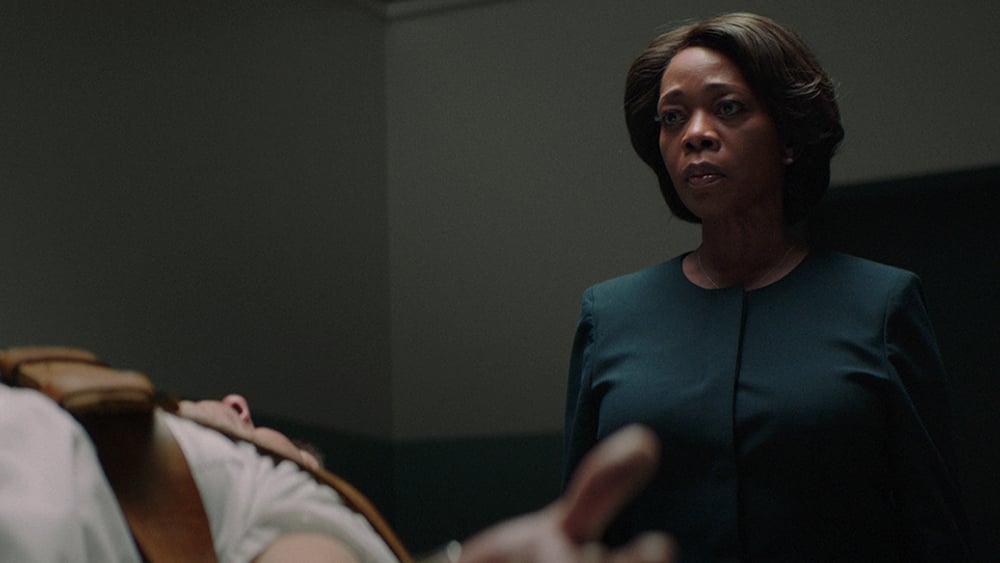This is the second piece in a series of three 2019 Sundance Film Festival coverage articles.
Them That Follow
“Them That Follow” is perhaps most fascinating as a premise, following a snake-handling religious group devoted to its pastor. It also features an all-star cast including Walton Goggins, Olivia Colman, Jim Gaffigan and Kaitlyn Dever (in a role that’ll have you going “Where have I seen here before?”).
Walton Goggins is the one who truly shines as the charming but intensely frightening pastor who’ll convince you to do anything. Goggins holds similar energy as Ethan Hawke in First Reformed but arguably with more range — you won’t know whether to be charmed by him or be scared of him.
Despite falling short on the narrative front, it’s still fascinating to see that this is based on real material. It makes the film much more compelling, especially with narrative arcs that become life-threatening for certain characters and for them, the only true thing to do is follow their devotion and faith rather than what might seem like common sense.
Native Son
“Native Son” takes Richard Wright’s book set in the 1930s and puts it into present day. Not all of it translates particularly well, and nuance is lost and not enough time is given to exploring the racial tensions between leaning on tired stereotypes, but it’s a dramatic story that is nonetheless designed to make you think and feel those gut-punching intense moments.
Ashton Sanders brings to life the protagonist Bigger Thomas and the difficult decisions he makes, although much of the film is weighed down by the inevitable feeling that something terrible will happen, which — spoiler alert — it does. Bigger is frequently silenced by the white characters, making the film feel even more uneasy to have been set in present day, especially with the events that play out in the film. Nevertheless, it’s a dark, thrilling drama that’s much owing to the screenplay by Susan Lori-Parks. All I can say is “give playwrights more scripts to write!”
Ms. Purple
Justin Chon’s “Ms. Purple” is an intense meditation of an infrequently-seen world of karaoke hostesses (also known as doumi girls) in Koreatown LA and explores culturally-specific sexual relationships that are seldom seen. It’s not afraid to take risks and empower the titular character, although it does hit a few snags in allowing the film to truly interrogate the subject matter.
“Ms. Purple” flips back and forth between lingering on trippy, colorful dream-like sequences and the stark, harsh reality of living paycheck to paycheck. The central brother-sister relationship is the most poignant part of the film, and Chon creates an unbreakable bond between these two characters that’s all the more heartbreaking when it begins to crumble in both the past and present.
Clemency
“Clemency” won the U.S. Dramatic Grand Jury Award — Chinonye Chukwu broke barriers as the first Black woman to win this prize, and rightfully so. It’s easy to see why it won — it’s layered in ways that I’m still thinking about with a career-best performance for Alfre Woodard (although I’ll see anything with her in it). A complex drama that ponders the ethical and psychological consequences of being faced with overseeing the execution of death row prisoners, it’s a slow burn that really does pay off. Once I rewatch it in December, perhaps it’ll transcend to my Best of the Fest list — when I watched it, it was a little too slow for my taste. But hey, I’ll admit that I was also very tired.
Contact Olivia Popp at oliviapopp ‘at’ stanford.edu.
